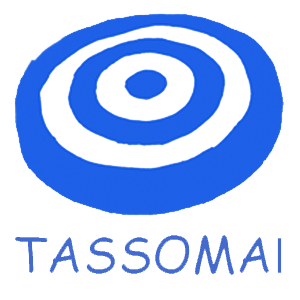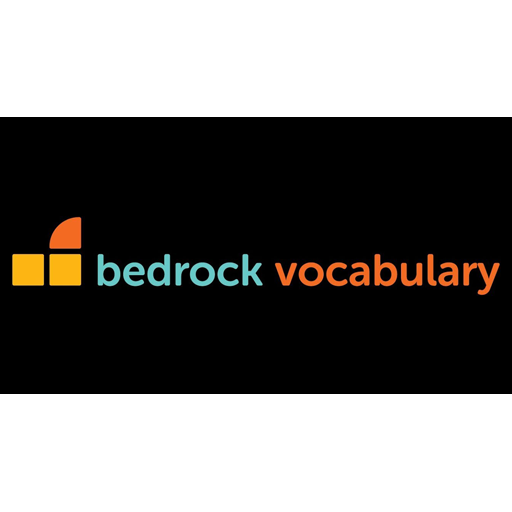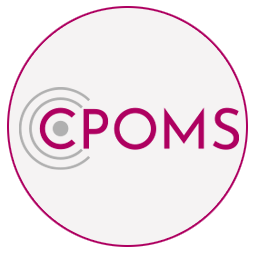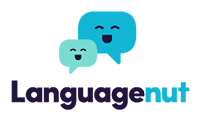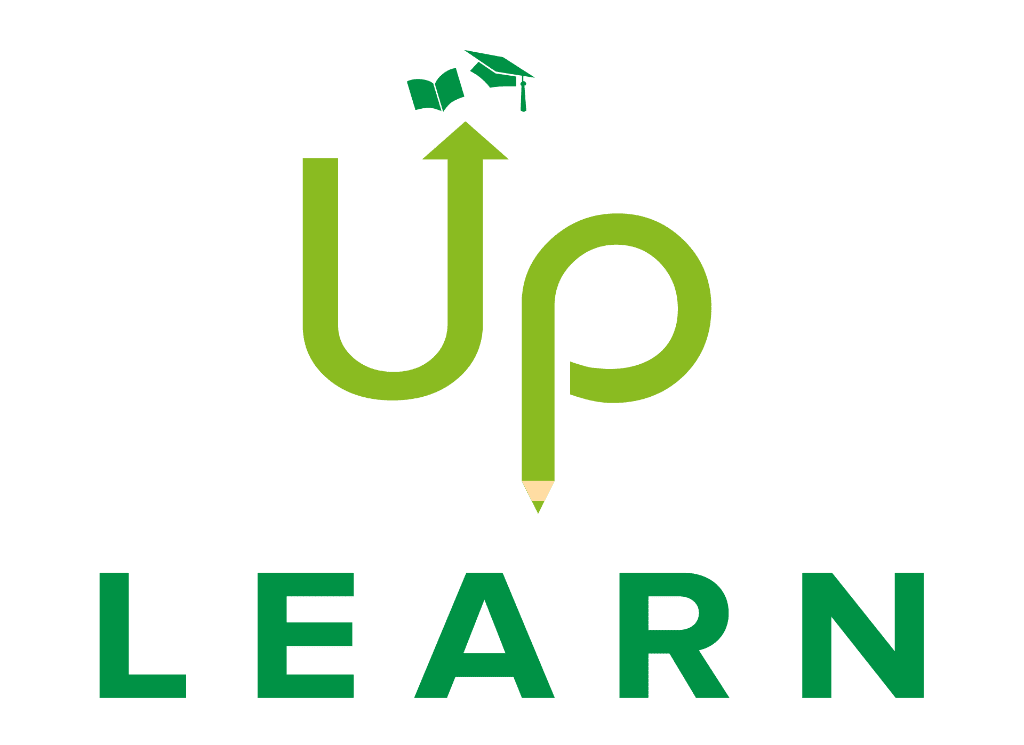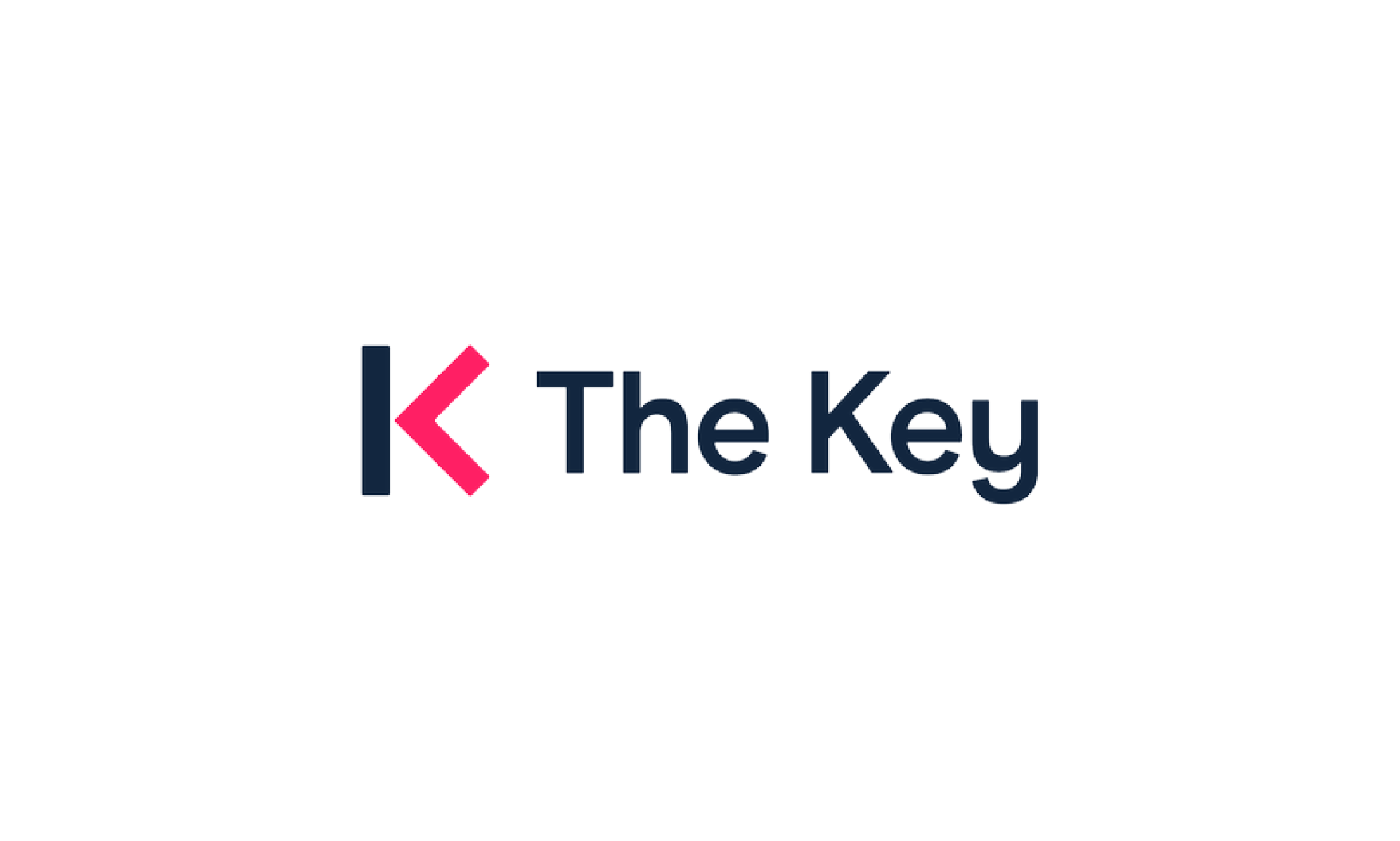Curriculum Overview
At King’s Academy Easthampstead Park we aim to develop learners who are happy, healthy and equipped in every way to deal with the challenges and opportunities they will face in their lives beyond school. We aim to instill in students a love of learning which will be life long, allowing them to adapt and flourish in any situation. We seek to develop students who have a strong sense of community, both locally and globally, able to lead others and bring about positive change.
For further information on the curriculum at King’s Academy Easthampstead Park or to ask a question, please contact Mr M Hall, Deputy Headteacher – matt.hall@kgaeasthampstead.uk
Programmes of Study





